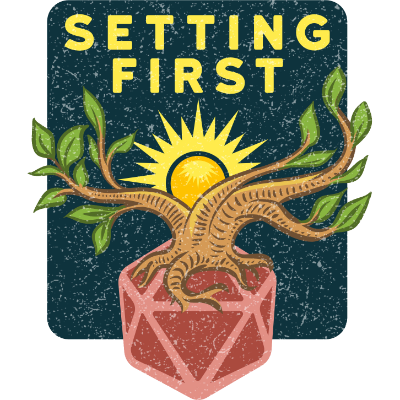Gamemastering
Trust in Post-Apocalypse Campaigns

Post-apocalypse settings vary widely, but the matter of who characters trust is always important.
Stretching A Licensed Setting
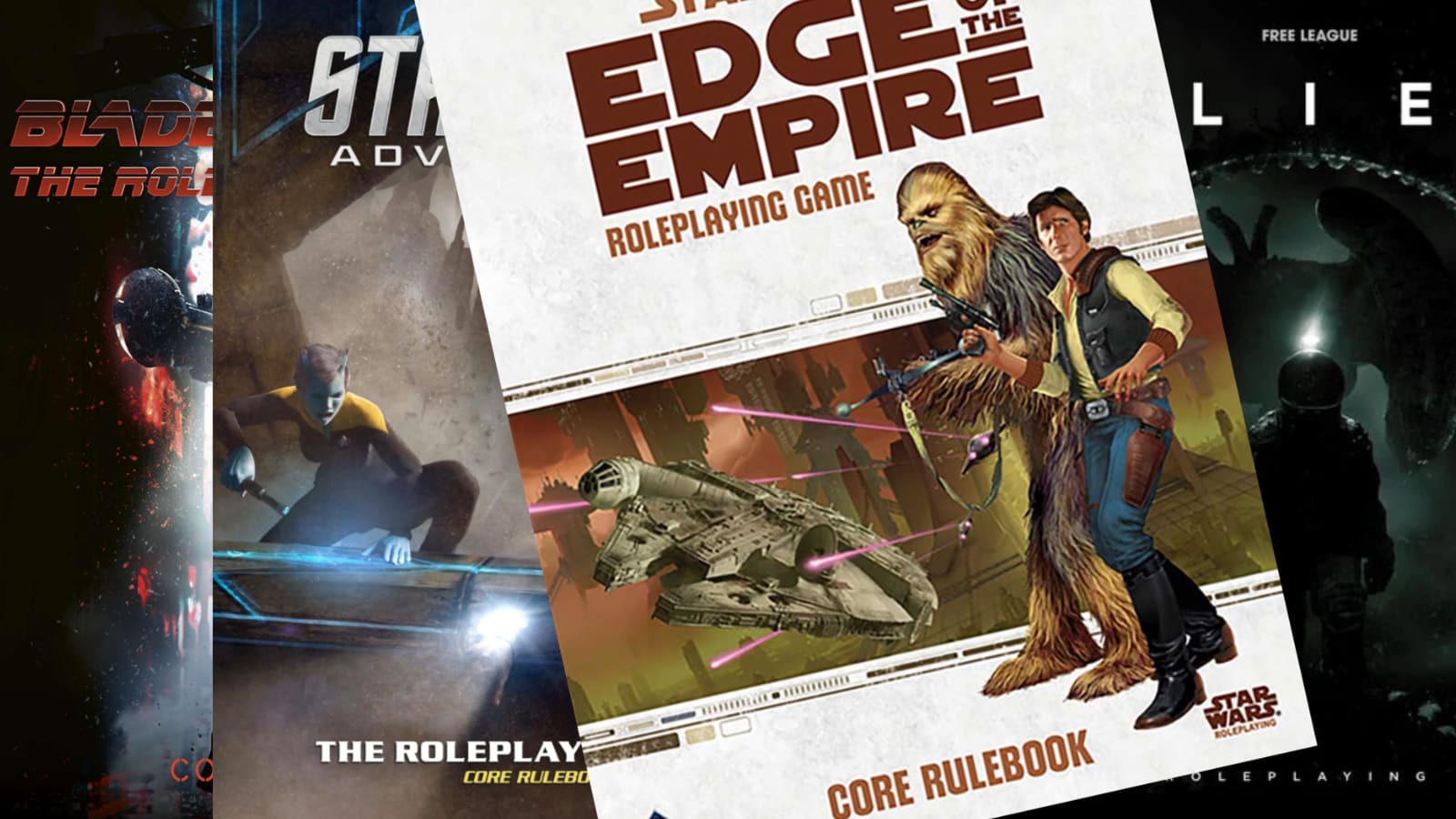
How your campaign interacts with canon is important, but there are other ways to think about licensed settings.
Post-Apocalypse Verisimilitude
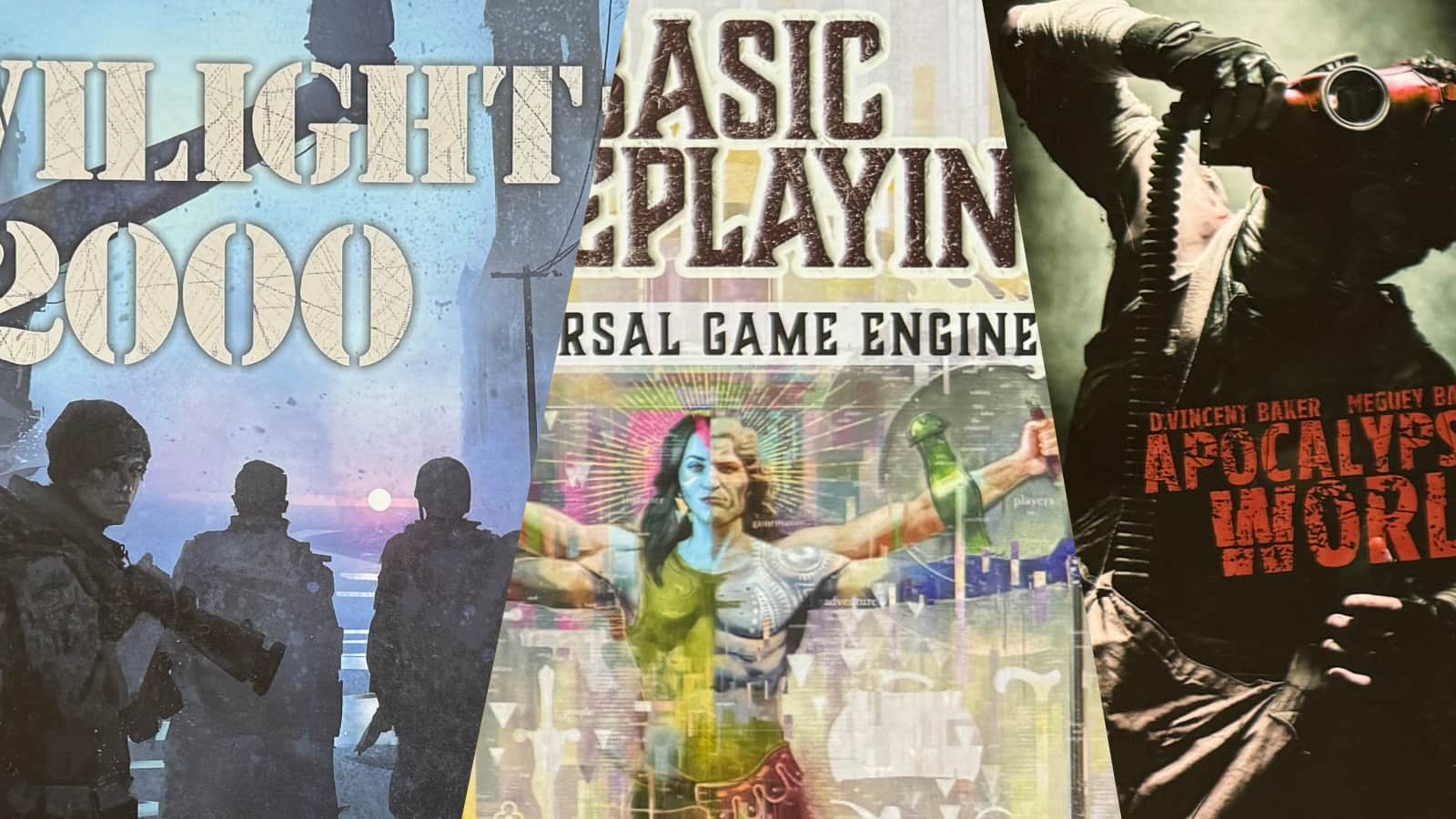
Before you build out plans for your post-apocalyptic campaign, think about what you want from it.
The Individual v The Collective
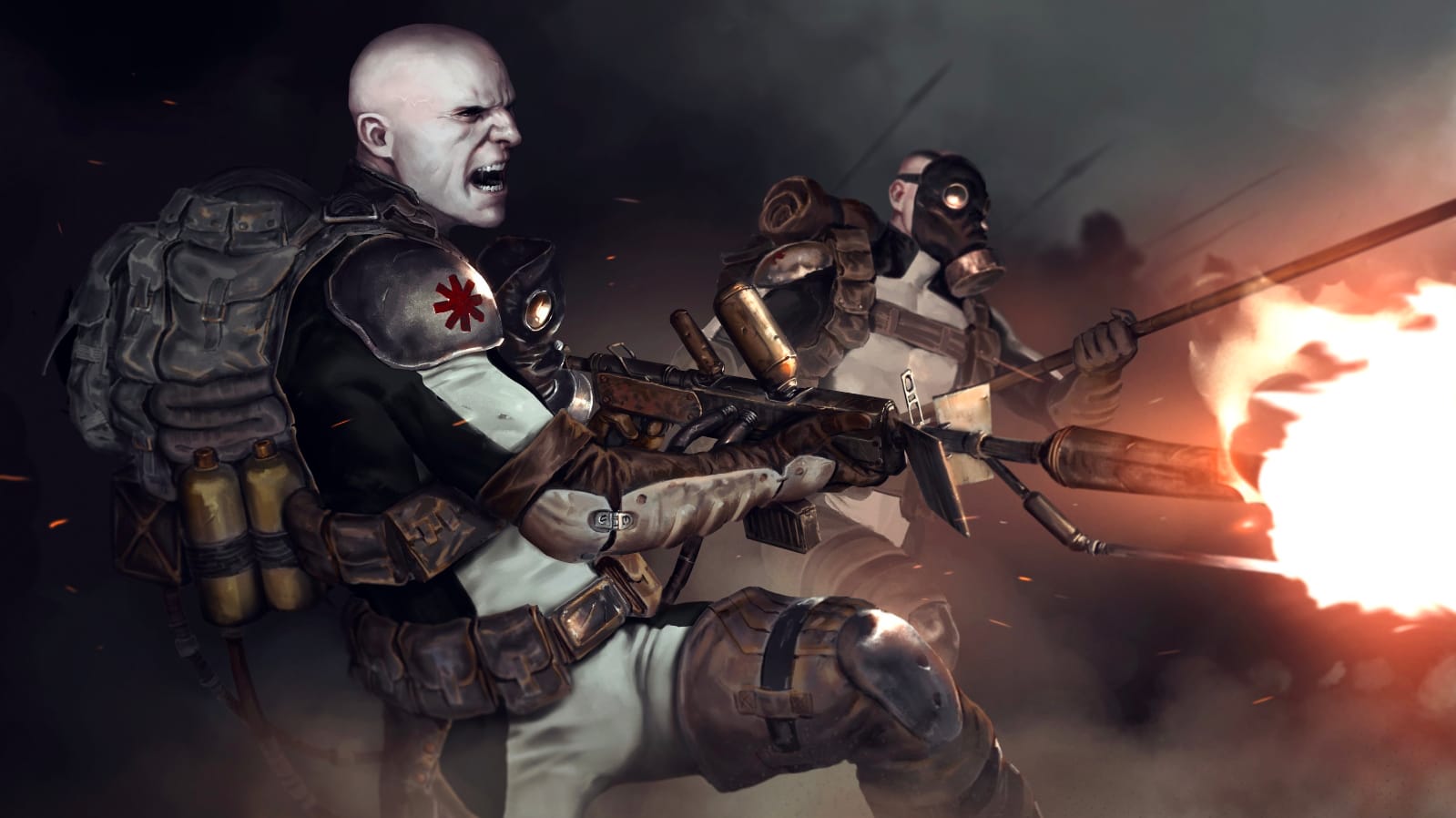
What does a player character do when they have to choose between what is right and what is expected of them?
Stoicism and the Art of Gamemastering
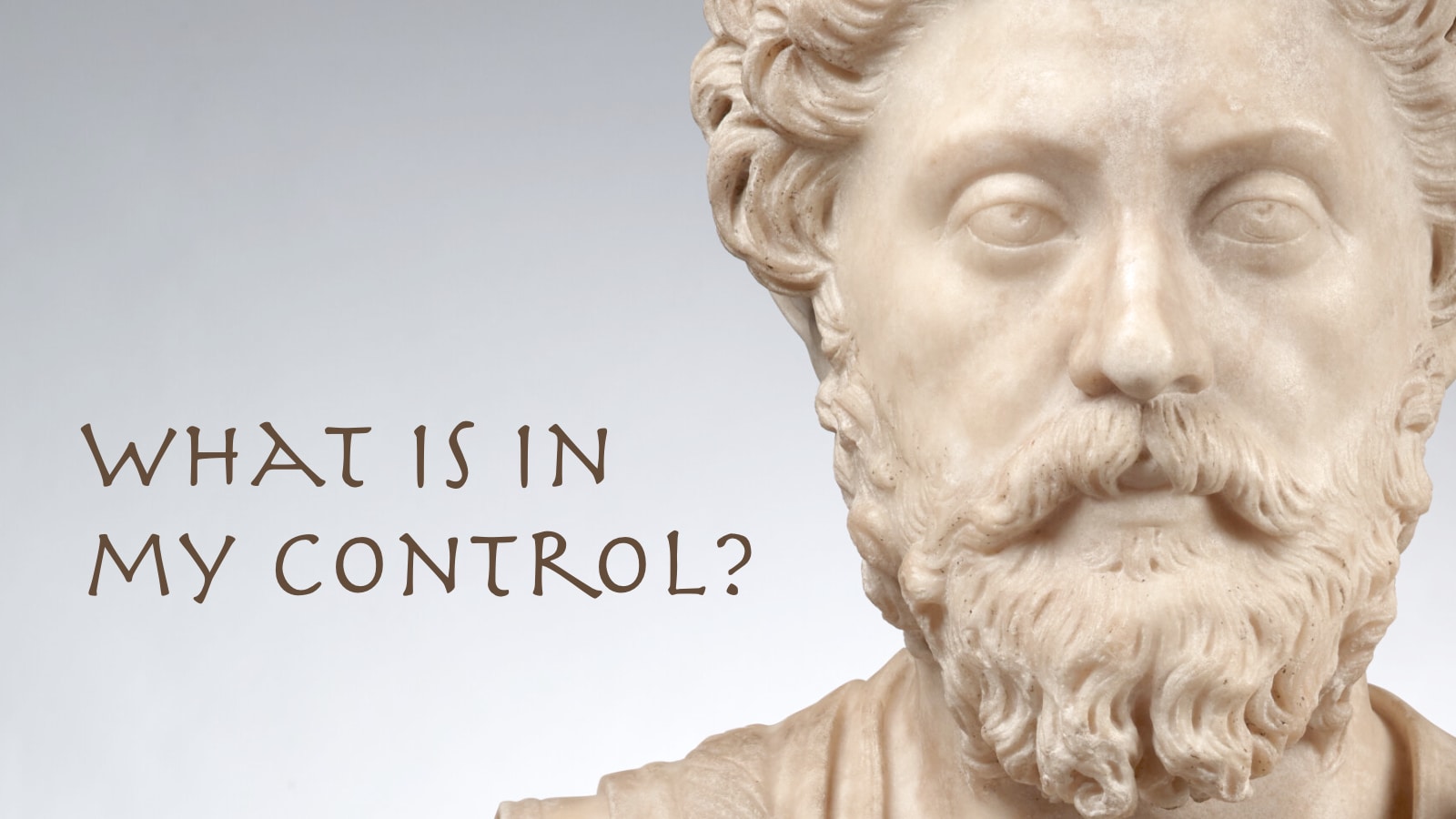
The Stoic philosophers have something to say about players destroying the best-laid plans of gamemasters.
You and Your Characters Need Status

As GMs and players, we can use status to inform the creation of NPCs and PCs.
Gamemaster Goodies from UJ
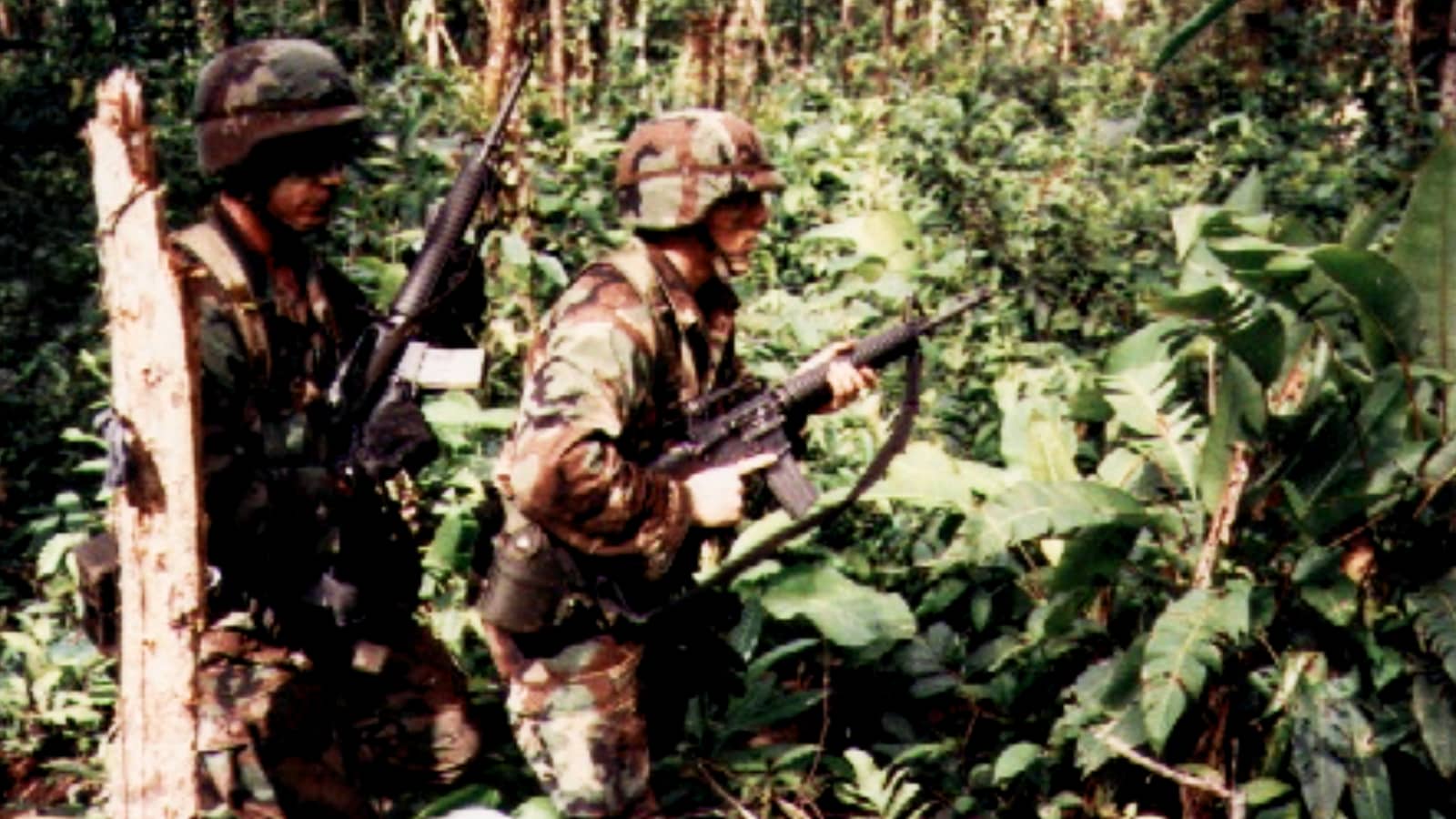
Posts on TTRPG worldbuilding, managing campaigns, running sessions, and thoughts on tabletop roleplaying as a hobby.
Murdering the Alternatives

On the benefits of making room in my life for tabletop roleplaying by eliminating something else.
Settings
Choosing A Published Campaign Setting
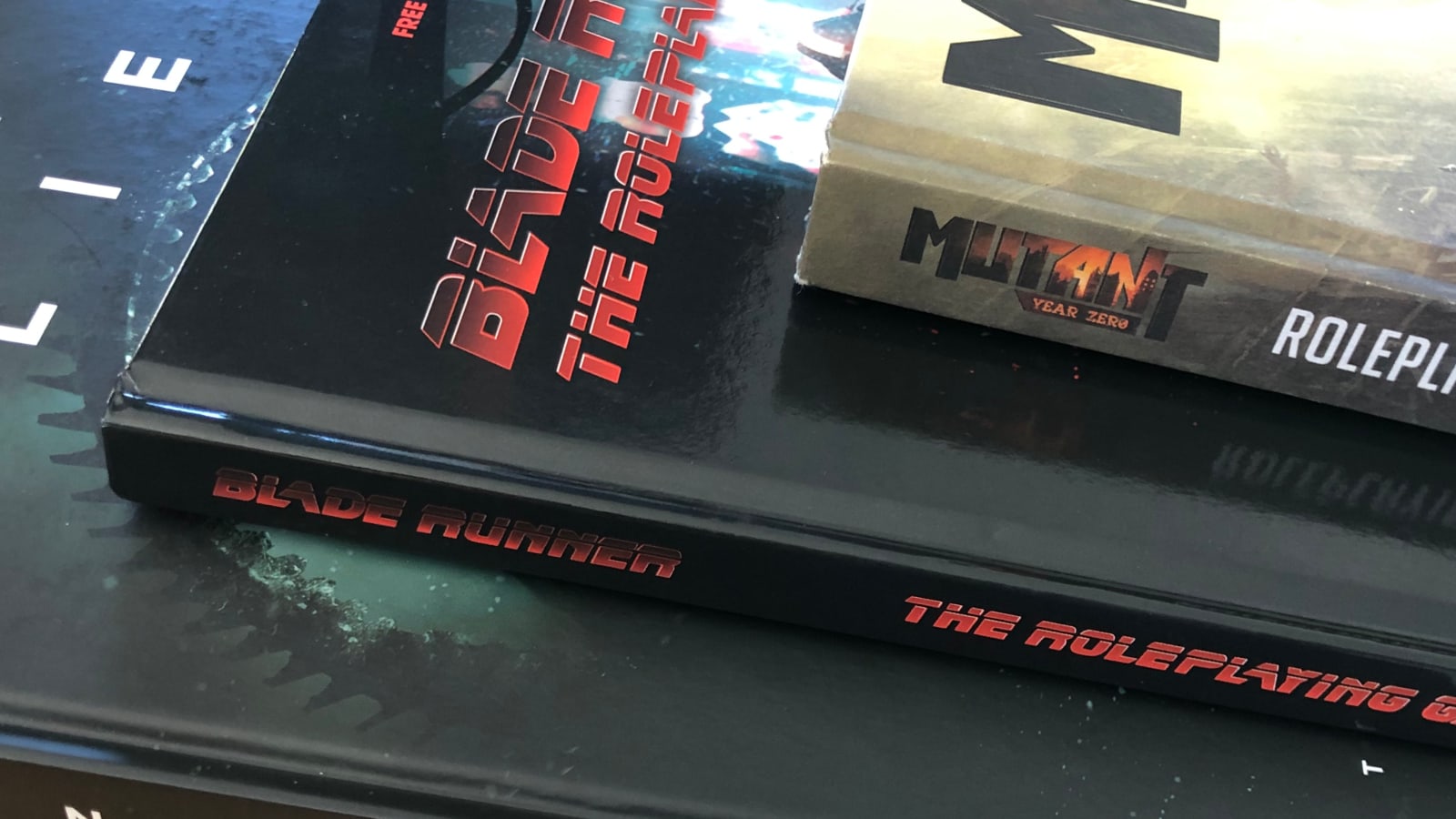
It can be easy to get excited about a new published setting, but it pays to evaluate it before bringing it to the table.
Overview of a Long Campaign
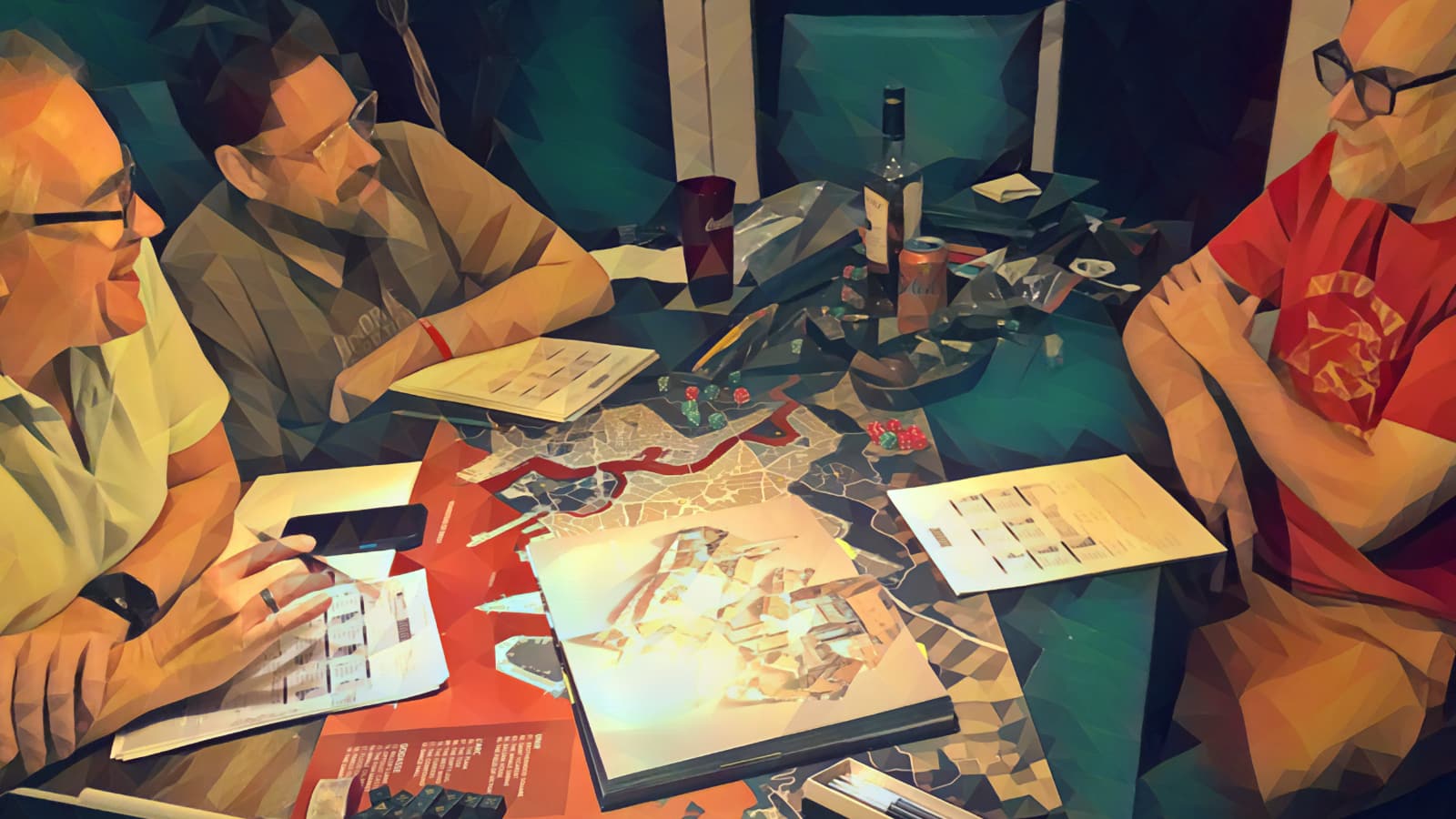
Eighty-two sessions into a Degenesis campaign, I reflect on how I’ve run the game so far, what my players and I have learned, and what the game has given us.
The Jumbo Shrimp Rule

Just like our world, a tabletop RPG campaign won’t feel real without a few absurdities.
Verisimilitude & Violence
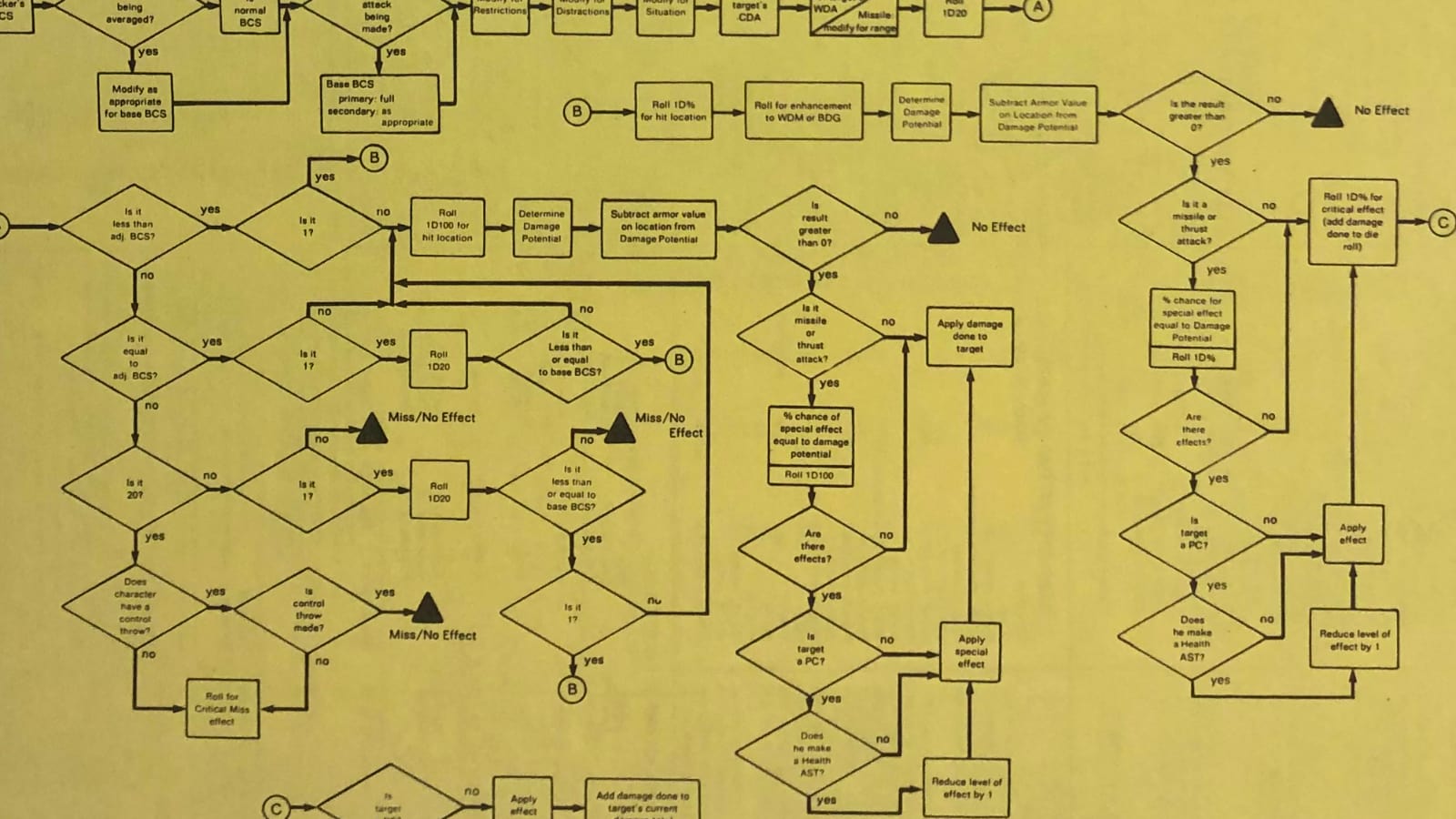
My understanding of believability in roleplaying games, particularly with regard to violence, has shifted over the years.
Eclipse Phase Remixes the Future
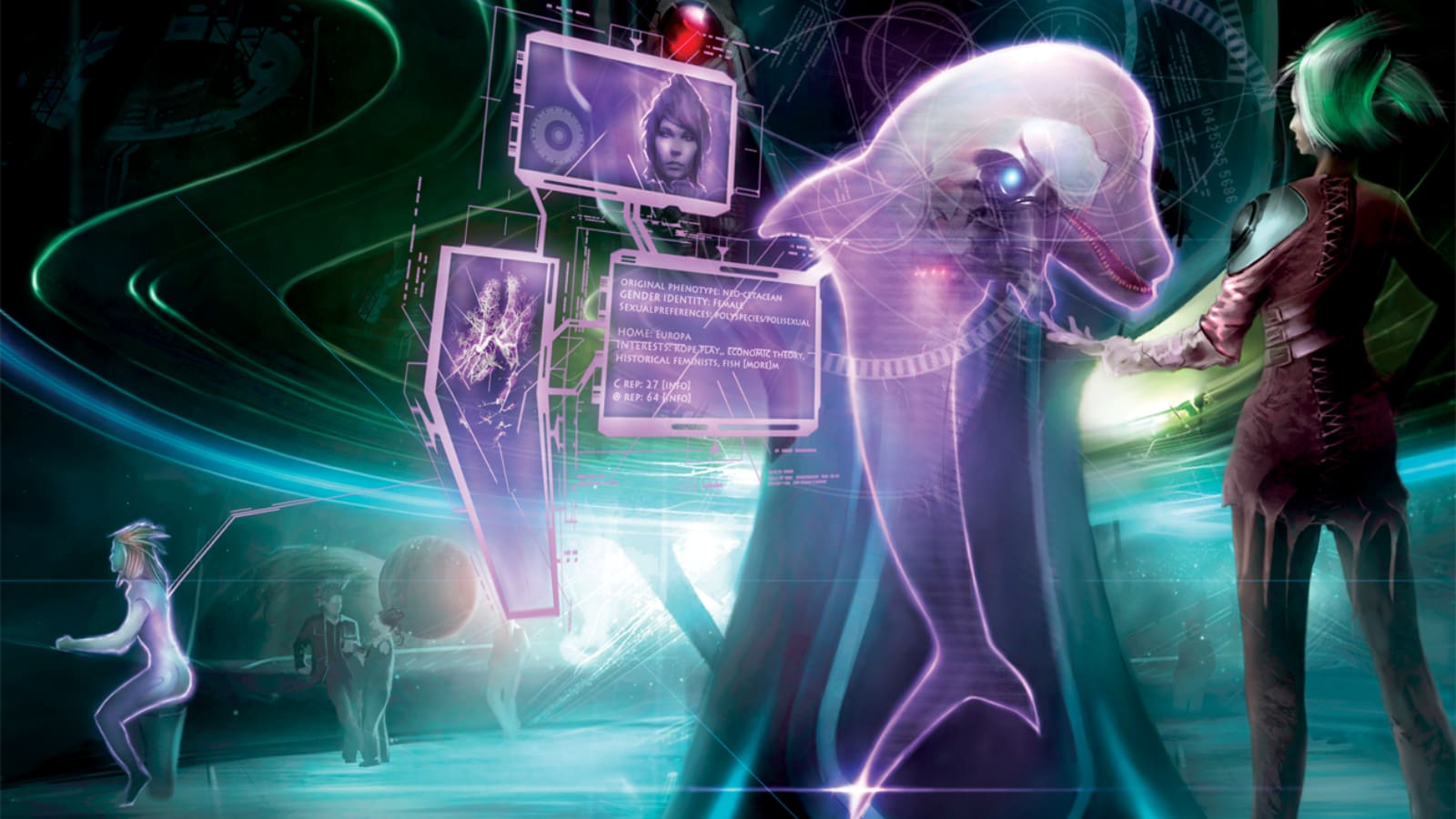
The Eclipse Phase setting can prompt thoughtful gamers to explore their assumptions about political, social, and economic structures in a context of wild adventure.
Misadventures in System Selection
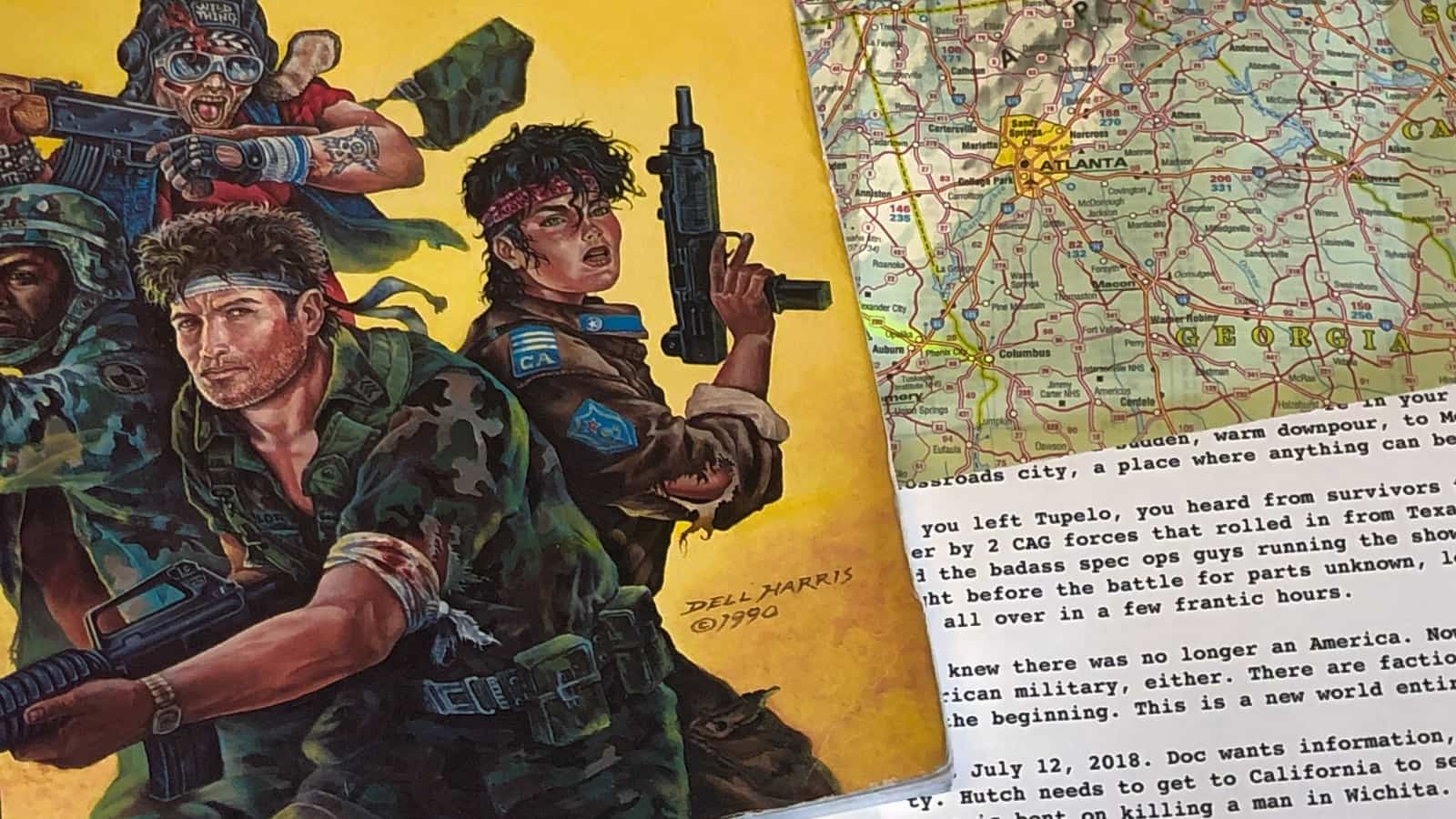
How to not pick a game system that fits your favorite setting, and how to do it right.
Foundational TTRPG Settings

There’s a reason tabletop RPG settings that offer a breadth of possibilities are so popular.
Brain Food
What is Setting First?
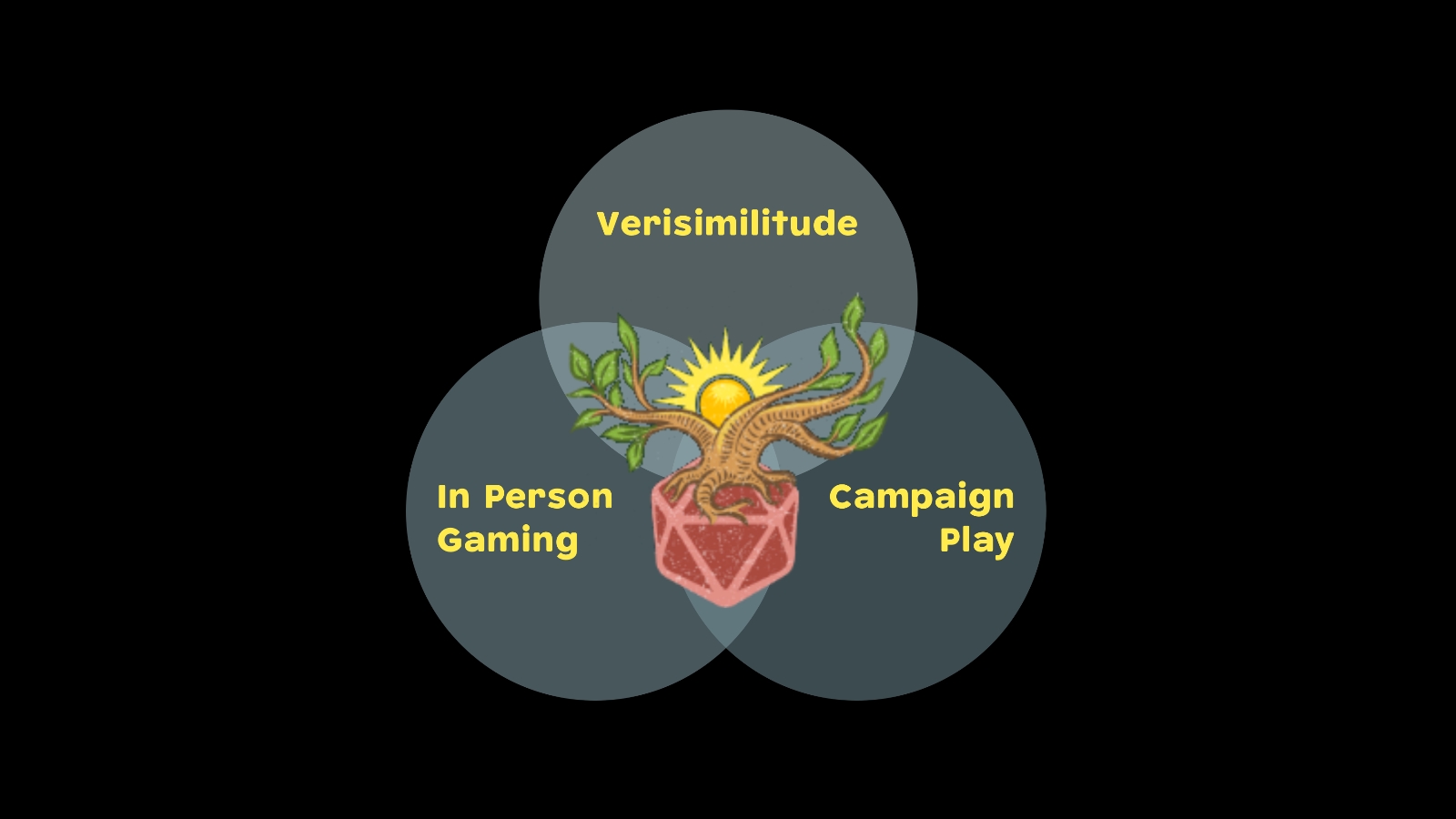
There is no One True Way to play tabletop RPGs, but Setting First is oriented around three particular approaches to play.
On the Arcane Nature of Tabletop RPG Books

Why is it that there is no moral panic about computer RPGs in the way that there was in the early days of tabletop roleplaying?
Games Without Frontiers: Running A Long-Distance FRP Campaign

Before the Internet gave us the pleasure and torture of instant connectivity, I ran many an adventure with the help of the US Postal Service.
In Praise of Human Artistry
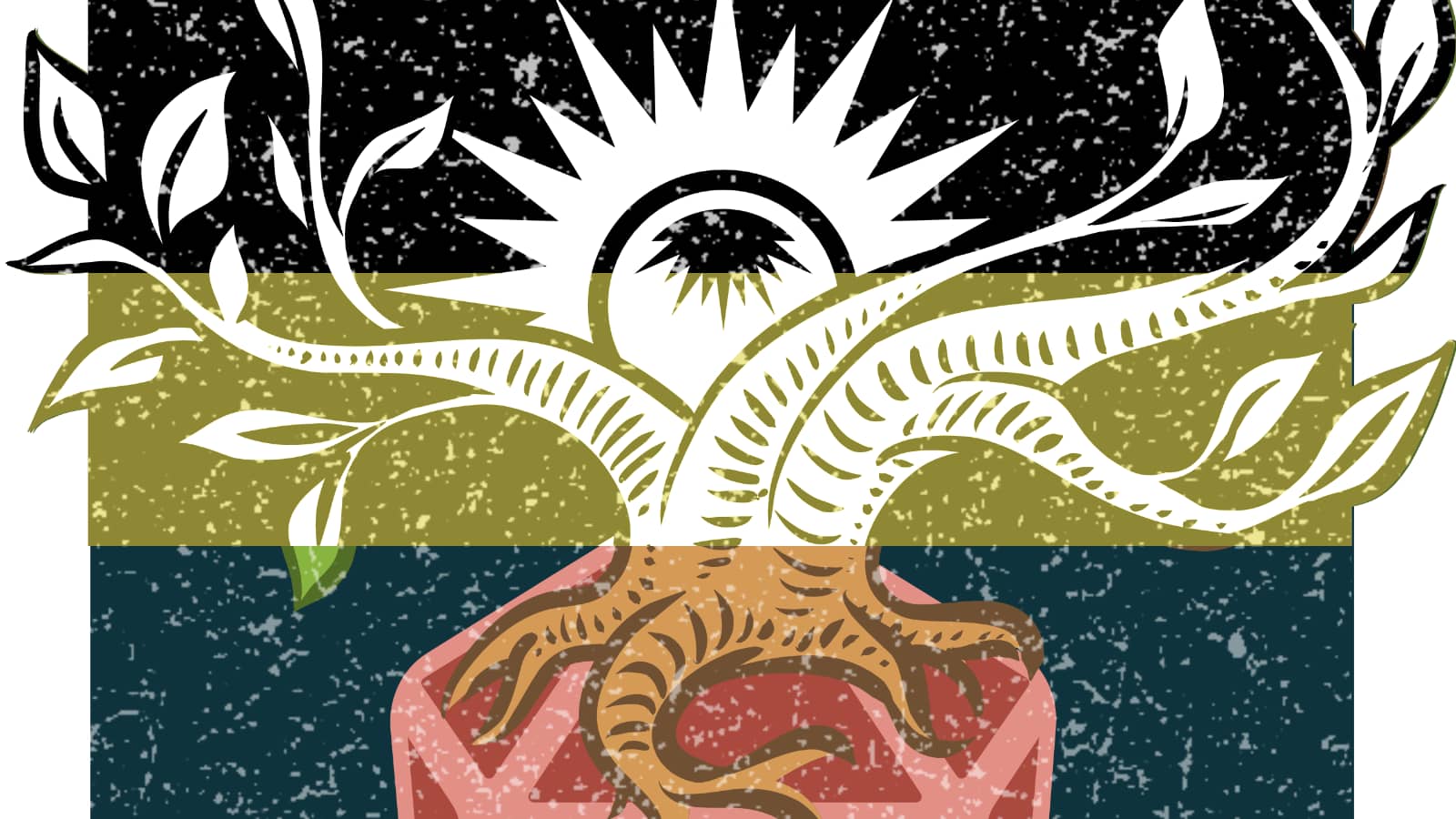
There are some things a human artist can provide that AI tools just can’t match.
You and Your Characters Need Status

As GMs and players, we can use status to inform the creation of NPCs and PCs.
In Praise of Informed Subjectivity
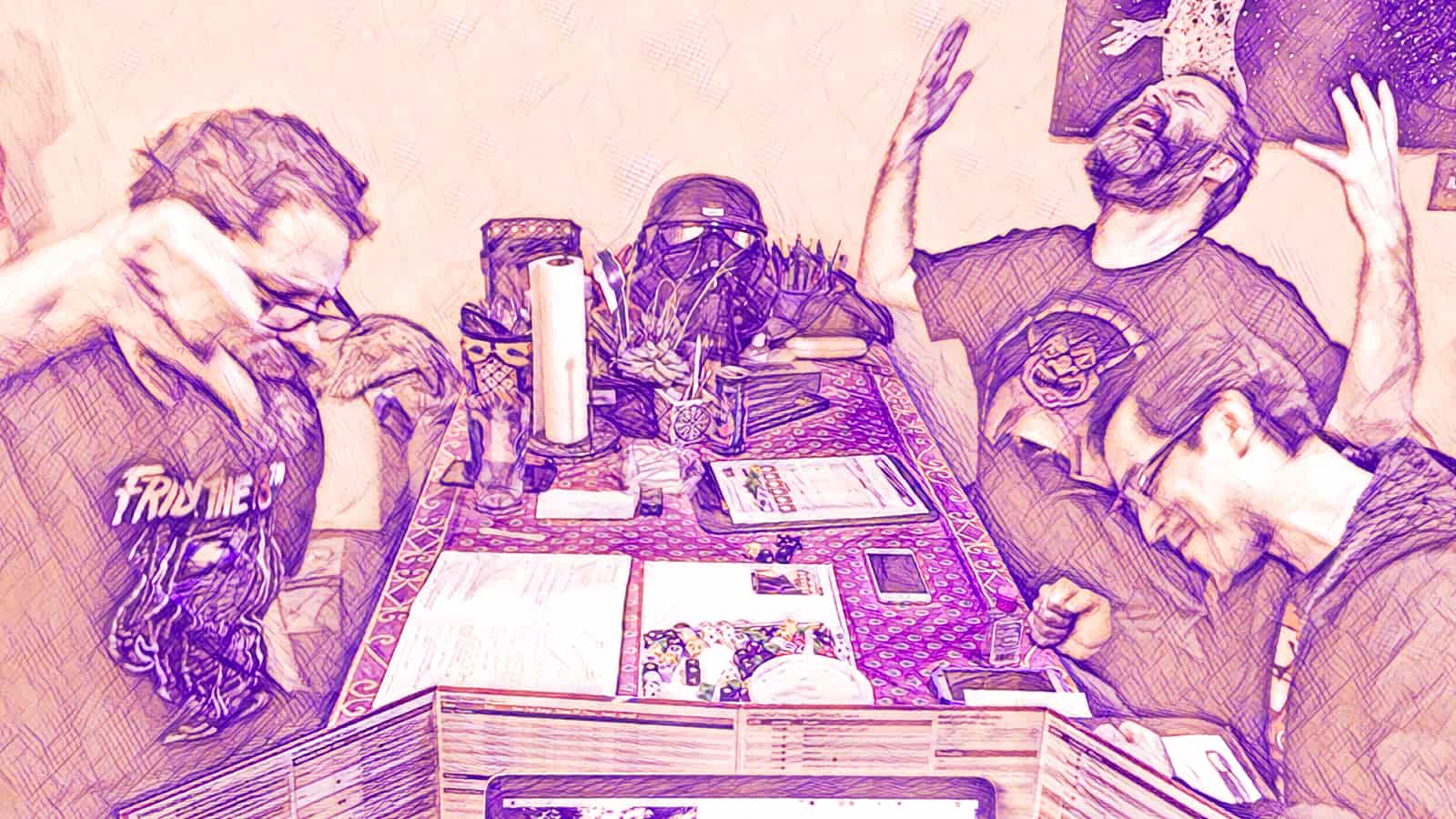
Give me a subjective review based on actual play, not another faux-objective review based on just reading the rules.
Setting, Indie Games, Art, and Mental Health

Why are we drawn to play tabletop RPGs, what can we learn from Guillermo Del Toro, and how do roleplaying games boost our mental health?
Games
A Review of the GODS TTRPG
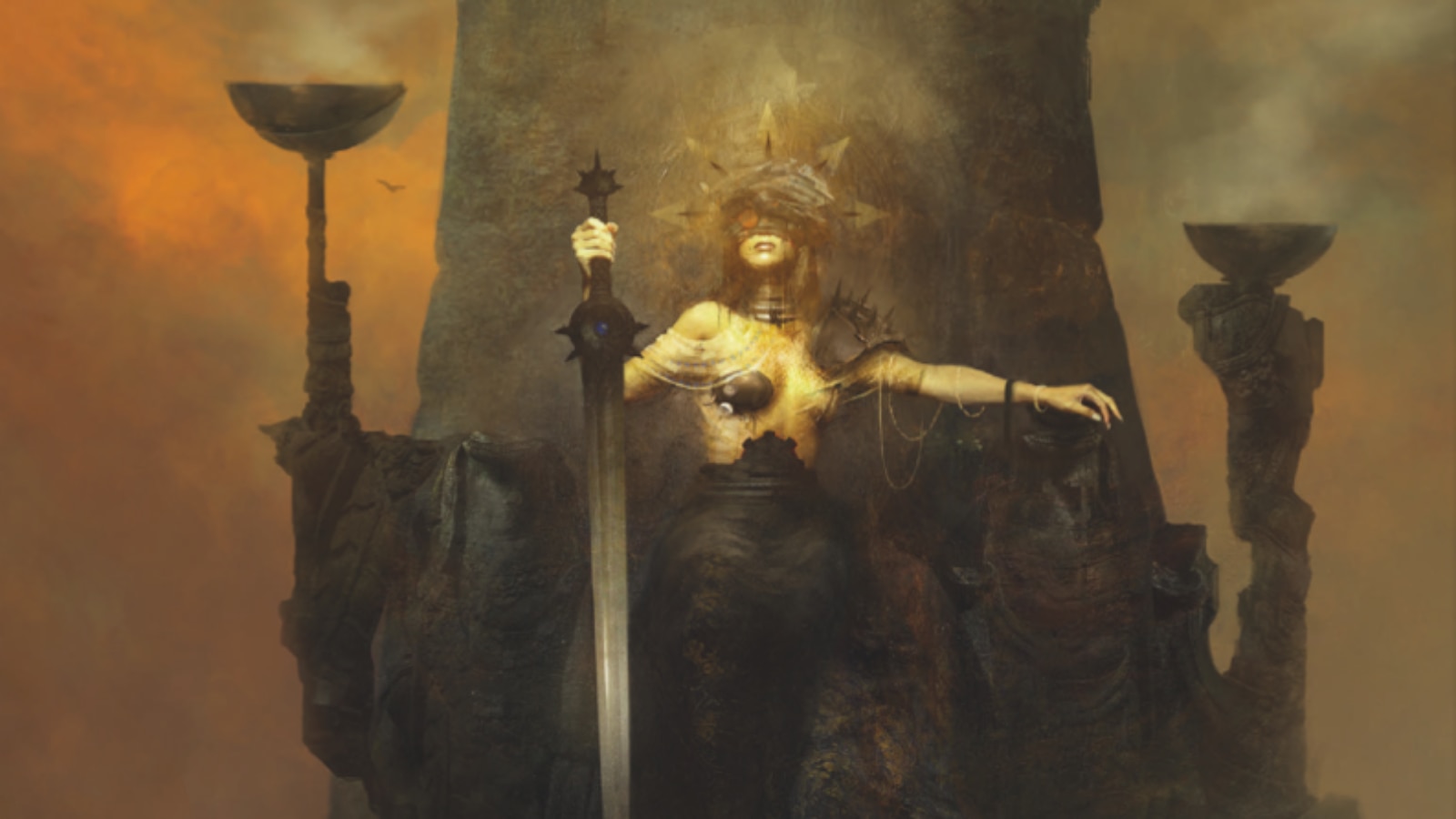
Arkhane Asylum’s GODS follows a path less taken.
The Once and Future Twilight: 2000
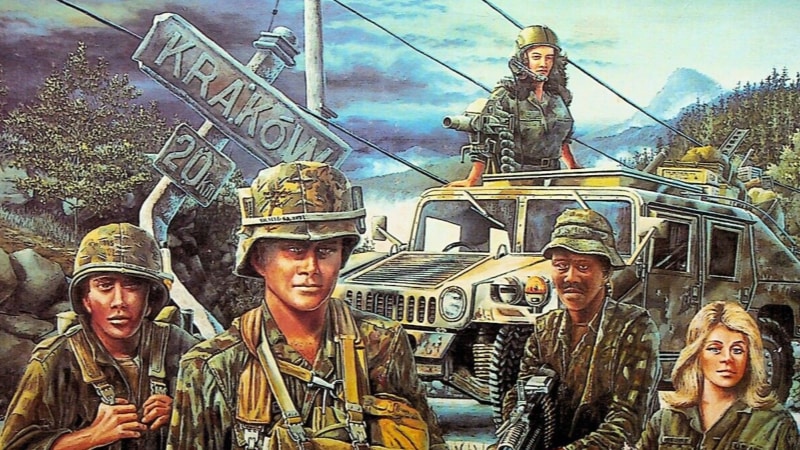
The new Twilight: 2000 seems to be tailor made for me, but I do wonder when I’ll get to run it.
Verisimilitude & Violence

My understanding of believability in roleplaying games, particularly with regard to violence, has shifted over the years.
Eclipse Phase Remixes the Future

The Eclipse Phase setting can prompt thoughtful gamers to explore their assumptions about political, social, and economic structures in a context of wild adventure.
Misadventures in System Selection

How to not pick a game system that fits your favorite setting, and how to do it right.
Foundational TTRPG Settings

There’s a reason tabletop RPG settings that offer a breadth of possibilities are so popular.
Players
Trust in Post-Apocalypse Campaigns

Post-apocalypse settings vary widely, but the matter of who characters trust is always important.
You and Your Characters Need Status

As GMs and players, we can use status to inform the creation of NPCs and PCs.
Game
After Play Review of Paleomythic

Paleomythic combines tight, elegant mechanics, clever character differentiation, and just enough but not too much worldbuilding.
Community
Low-Stress Community-Building

Throwing people together into a game is not always the best way to build a gaming community. Socializing in a no-pressure environment is a great alternative.
